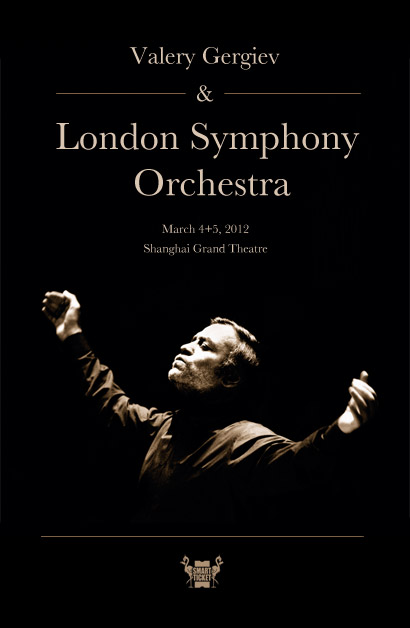

“I love the sea and I have listened to it passionately,” Claude Debussy wrote. Rapid arpeggios and new harmonic colors aurally communicate the quote that prefaces the score: ""The river god laughs as the water tickles him." The 1905 edition of Debussy’s “La Mer” after Hokusai’s “The Great Wave” Though Ravel wrote Jeux d’Eau early in his career, it reflects many of the pianistic innovations that would come to later characterize his music. This controversy would later prompt the Conservatoire to institute a series of important reforms. Though his music was already widely recognized and admired by the public, he was not a scholastic success, failing to win academic awards like the Prix de Rome, likely due to favoritism. Next up, Ravel's pictorial piece for piano, called "Jeux d'eau." The title, which translates literally as “Play of Water,” was written in 1901, while Ravel was a student of the Conservatoire de Paris. Britten also extracted an orchestral suite, called “Four Sea Interludes,” depicting different aspects of the water, including “Dawn,” “Sunday Morning,” “Moonlight,” and the tempestuous “Storm”. Throughout the opera, the sea acts not only a setting, but also as a metaphor for the action occurring onstage. The opera is based upon a poem by Englishman George Crabbe, which tells of a misanthropic fisherman accused by his neighbors of murdering his young apprentices.
Britten four sea interludes score full#
Premiered in 1945, “Peter Grimes” was the first full opera composed by Benjamin Britten, who would ultimately complete nearly ten such works, perhaps his most substantial contribution to any genre. Early edition of the libretto for Britten’s “Peter Grimes” As the weather here in Houston gets warmer, it becomes more and more tempting to dip our toes in the pool, play in the sprinklers, or just jump in the ocean! On this week’s episode of Music in the Making, we’ll keep cool with an hour of music inspired by water, with works by Britten, Ravel, and Debussy.


 0 kommentar(er)
0 kommentar(er)
